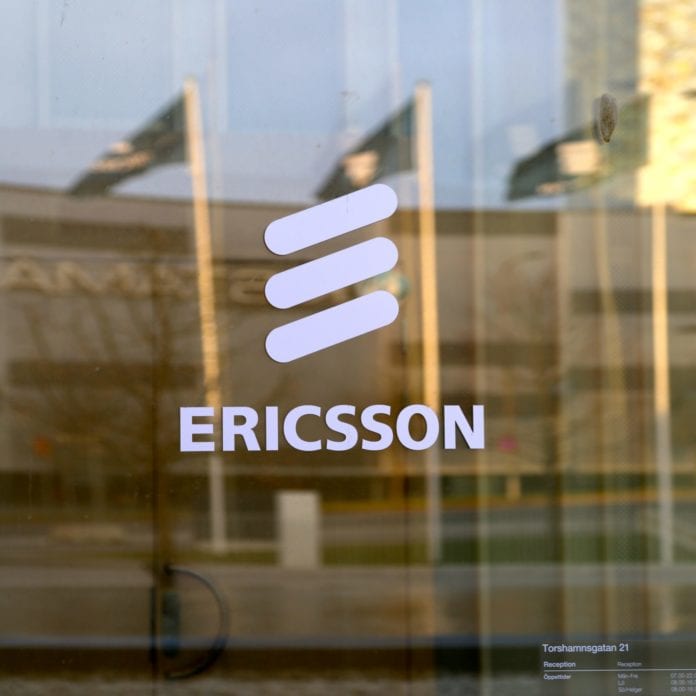In July, former Ericsson CEO Hans Vestberg stepped down after seven years at the helm of the Swedish telecom infrastructure vendor. EVP and CFO Jan Frykhamar has stepped in as interim CEO while a search for a permanent replacement takes place. But now, according to a report by Swedish media outlet Svenska Dagbladet, two major shareholders are moving to get rid of Ericsson Chairman Leif Johansson.
Two Swedish-based investment groups, Industrivarden and Investor, which control a combined 36.5% of board voting rights, want Johansson out, according to the report.
Svenska Dagbladet quotes an unnamed investor as saying: “That Leif Johansson has to go is clear. The only thing that has saved him so far is that they have been forced to fire the CEO as well.”
Johansson is the former president and CEO of Volvo and a member of the European Round Table of Industrialists since 2002. He also serves as chairman of the international advisory board of the Nobel Foundation and has worked in leadership roles at AB Electrolux.
Prior to his resignation, Vestberg told investors negative trends that hurt financial performance during the first quarter intensified during the second quarter, leading to declines in the company’s sales and operating income.
Ericsson’s sales slipped 11% year-on-year during Q2, or 7% when adjusted for comparable units and currency fluctuations. The infrastructure giant sold $6.3 billion worth of products and services, reporting sales declines for all three of its business units: networks, global services and support solutions.
Despite its recent focus on cost control, Ericsson saw its operating margin slide nine basis points to 32.3%. Coupled with the decline in sales, the lower margin meant operating income fell 22% year-on-year to $326 million for the quarter.

Report: Ericsson investors now want to oust chairman
ABOUT AUTHOR
